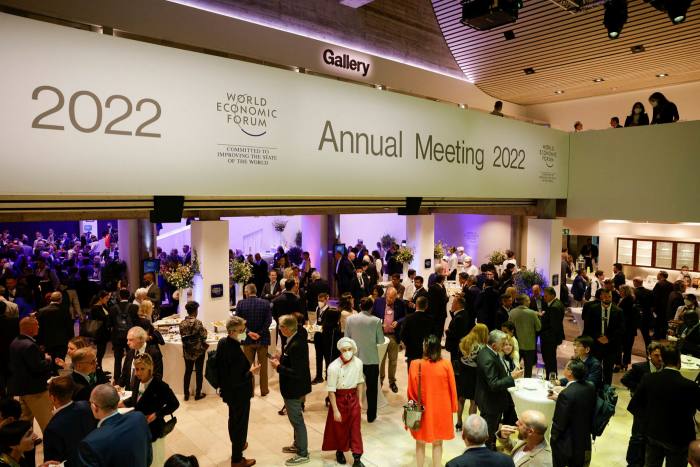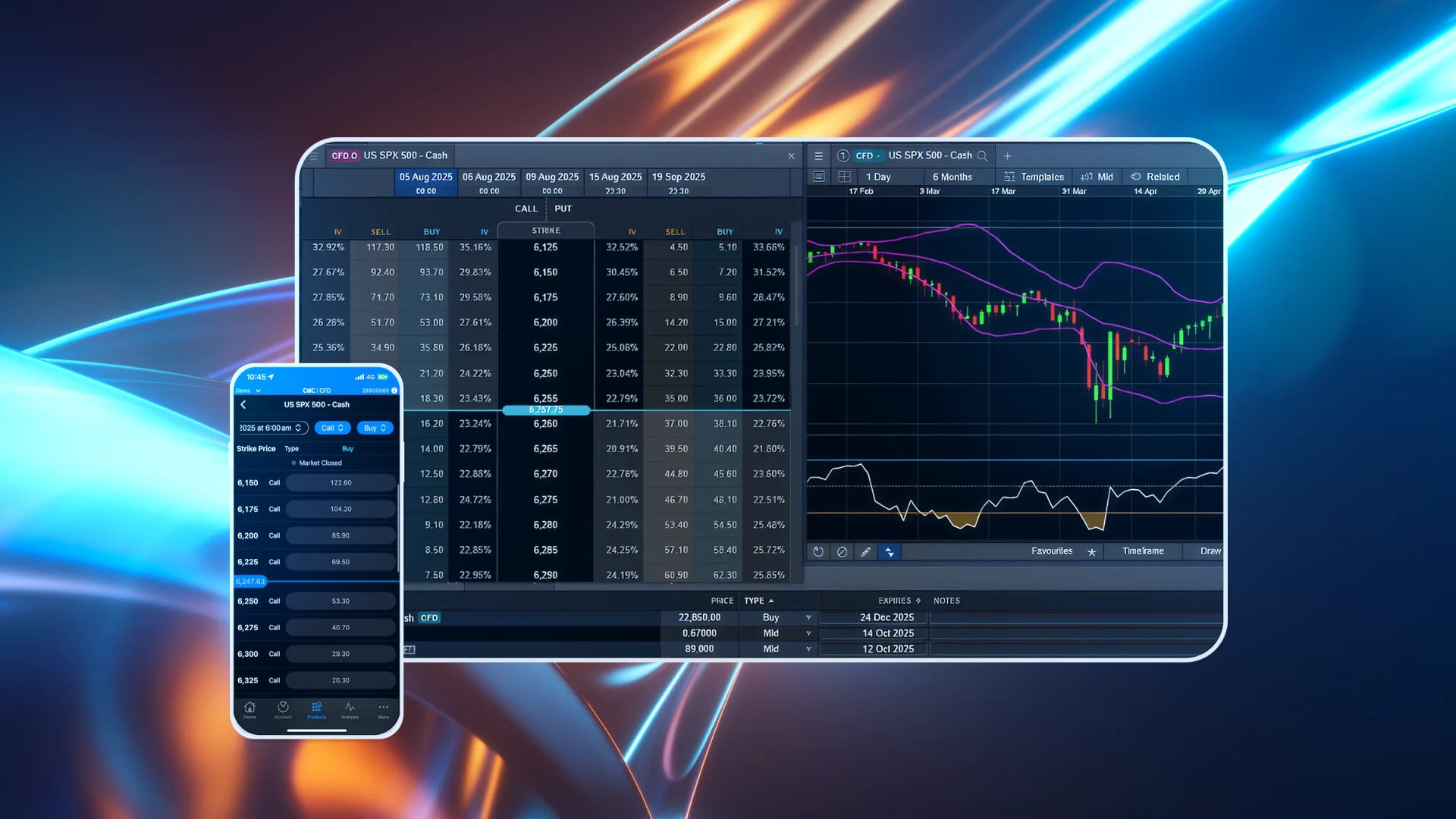Live news: Ukraine war and other conflicts displace more than 100mn, says UN
[ad_1]
Kaye Wiggins and Antoine Gara in New York and Jamie Smyth in Cambridge, Massachusetts

The three-decade era of globalisation risks going into reverse according to company executives and investors, as world leaders prepare to meet in the Swiss town of Davos for the first time since the coronavirus pandemic began.
The geopolitical fallout from Russia’s war in Ukraine, combined with the disruption to global supply chains caused by the virus, recent market turmoil and the rapidly worsening economic outlook leave corporate leaders and investors grappling with vital strategic decisions, several told the Financial Times in interviews.
“Tension between the US and China was accelerated by the pandemic and now this invasion of Ukraine by Russia — all these trends are raising serious concerns about a decoupling world,” said José Manuel Barroso, chair of Goldman Sachs International and a former president of the European Commission.
Onshoring, renationalisation and regionalisation had become the latest trends for companies, slowing the pace of globalisation, he added: “[Globalisation faces] friction from nationalism, protectionism, nativism, chauvinism if you wish, or even sometimes xenophobia, and for me, it is not clear who is going to win.”
“Pretty much no one has seen” these conditions “during the arc of their investing career”, according to the head of one of the world’s largest private equity groups.
Charles ‘Chip’ Kaye, chief executive of Warburg Pincus, said geopolitics had been “on the fringe of the way we thought” since the fall of the Berlin Wall and that this had “provided a certain oxygen to global growth”.
Read more on the warning here.
[ad_2]
Source link








